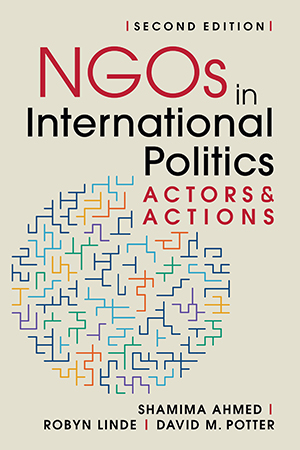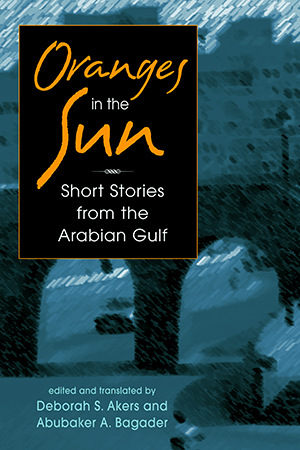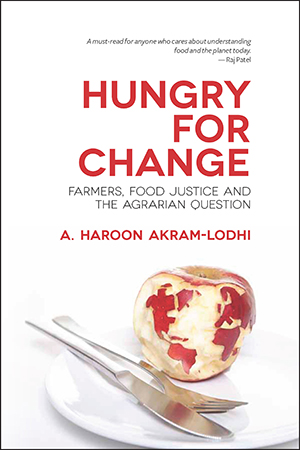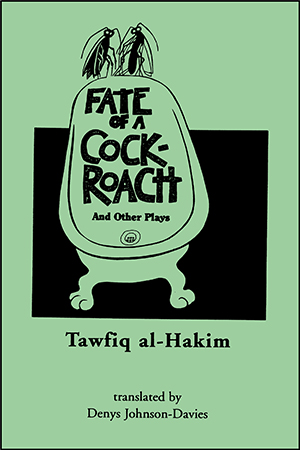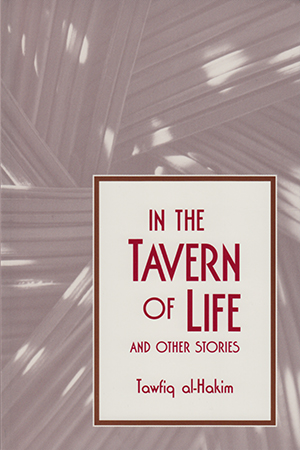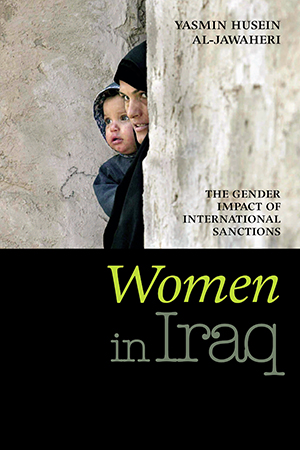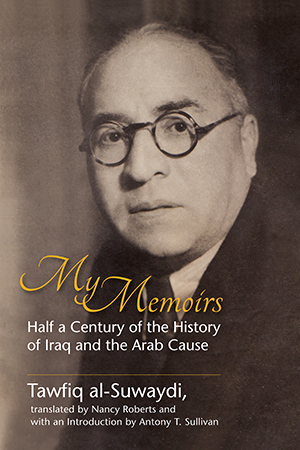BOOKS
The role of nongovernmental organizations (NGOs) in international politics has changed significantly in the two decades since the first edition of this book was published. This new edition More >
A detailed study of the literary debate among medieval Arab critics and philosophers about the use of truthfulness and untruthfulness in the poetry of the period. Emphasis on the critical More >
The stories in Oranges in the Sun capture a distinctly unique vision of the world, embodying the range of emotional and material concerns of the peoples of the Arab Gulf region. The More >
Hunger and obesity sit side by side in the world today—the result, argues A. Haroon Akram-Lodhi, of the growing polarization of global agriculture between the haves and an More >
Includes The Song of Death, The Sultan's Dilemma, and Not a Thing Out of Place, as well as the title play, an absurdist comedy. More >
In The Tree Climber, a detective, a lizard, a time-traveling dervish, and a magic tree all help to turn the quiet life of a married couple upside down. "Tawfiq al-Hakim’s plays More >
This first collection of al-Hakim’s stories to be published in English includes 27 of the author’s best works written from 1927 to 1966. Some inspired by literature and others by More >
Includes The Wisdom of Solomon, King Oedipus, Shahrazad, Princess Sunshine, and Angels’ Prayer. More >
Yasmin Husein Al-Jawaheri argues that the explosion of violence against Iraqi women since the removal of Saddam Hussein should not have taken people by surprise. The deterioration of gender More >
These memoirs of the distinguished Iraqi statesman Tawfiq al-Suwaydi (1892-1968) evocatively recapture a now largely vanished Arab world—and are an eloquent reminder that Iraq was once More >



